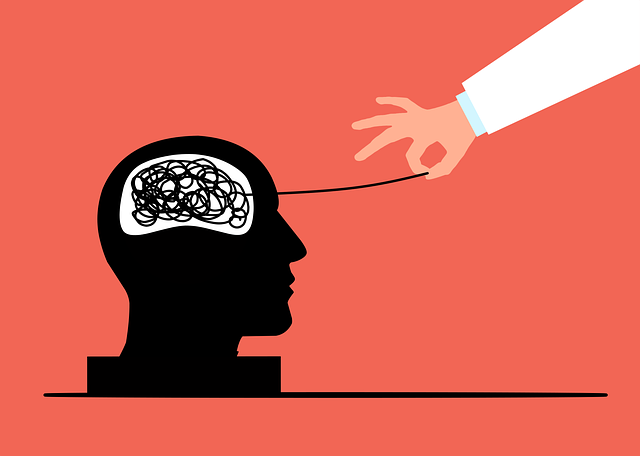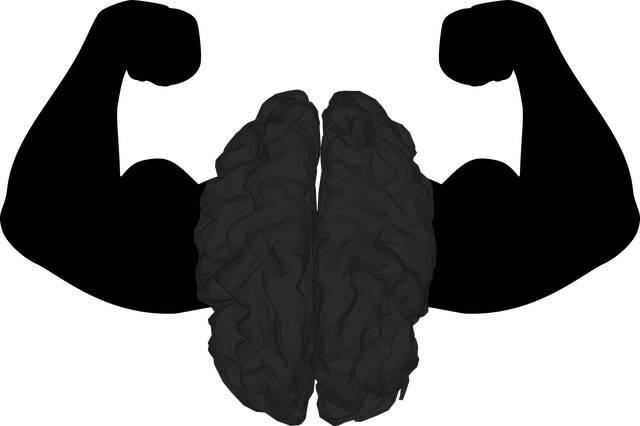Stress is a key driver of substance abuse, making understanding its role in healthcare settings critical. Effective interventions include crisis guidance, coping skills development, and addressing underlying stress issues in therapy for drug abuse to improve recovery outcomes and reduce relapse risk. Traditional therapies like individual counseling, group therapy, and CBT are essential, targeting triggers, enhancing self-esteem, and managing anxiety. Integrating relaxation techniques like mindfulness meditation and deep breathing aids emotional healing. Holistic stress management through lifestyle changes, exercise, sleep, and social support further promotes well-being. Professional guidance through therapy for drug abuse or crisis intervention offers transformative tools for emotional regulation and resilience.
Stress management is a cornerstone of effective therapy for drug abuse, as substance abuse often stems from or exacerbates underlying stress. This article delves into the intricate relationship between stress and substance abuse, exploring traditional therapeutic approaches alongside innovative techniques. We discuss the integration of relaxation methods, mindfulness practices, cognitive behavioral therapies, and holistic lifestyle changes proven to reduce stress and support recovery. Understanding these strategies can empower individuals navigating therapy for drug abuse to foster resilience and achieve lasting well-being.
- Understanding Substance Abuse and Stress: A Complex Relationship
- Traditional Therapy Approaches for Drug Abuse Management
- Integrating Relaxation Techniques into Recovery Programs
- Mindfulness and Cognitive Behavioral Therapies for Stress Reduction
- Holistic Stress Management: Lifestyle Changes and Support Systems
Understanding Substance Abuse and Stress: A Complex Relationship

Stress is a significant factor that can contribute to substance abuse and addiction. When individuals struggle with overwhelming stress, they may turn to drugs or alcohol as a means of escape or temporary relief. This complex relationship warrants understanding, especially in the context of healthcare settings where professionals are at risk of burnout. Effective crisis intervention guidance and coping skills development are essential tools for managing stress and preventing substance abuse among healthcare providers.
In the realm of therapy for drug abuse, addressing underlying stress issues is crucial. Substance abuse treatment programs should incorporate strategies to help individuals manage their stress in a healthy manner. By teaching coping mechanisms and providing support, these programs can enhance recovery outcomes and reduce the risk of relapse. Understanding this connection empowers both healthcare providers and individuals seeking treatment to tackle stress-related challenges head-on.
Traditional Therapy Approaches for Drug Abuse Management

In addressing drug abuse, traditional therapy approaches have long been a cornerstone of treatment. These methods often involve individual or group counseling sessions where patients explore the underlying causes and triggers of their substance abuse. Psychotherapy, as this process is known, helps individuals develop healthier coping mechanisms, enhance self-esteem improvement, and learn to manage anxiety relief effectively. Through open discussions, patients gain insights into their behaviors and emotions, fostering better mental wellness.
One popular traditional therapy technique is cognitive behavioral therapy (CBT), which focuses on identifying and changing negative thought patterns and behaviors related to drug abuse. Additionally, group therapy sessions provide a supportive environment where individuals share experiences, offer encouragement, and learn from one another. For those seeking more structured guidance, journaling exercises can be a powerful tool for self-reflection and tracking progress in mental wellness journeys. These traditional methods remain vital in the ongoing battle against substance abuse, offering proven strategies for recovery and long-term success.
Integrating Relaxation Techniques into Recovery Programs

Integrating relaxation techniques into recovery programs is a vital step in fostering inner strength development among individuals recovering from therapy for drug abuse or substance abuse. These practices, such as mindfulness meditation, deep breathing exercises, and progressive muscle relaxation, play a crucial role in helping individuals navigate the emotional healing processes inherent in their journey towards sobriety. By incorporating these self-care practices into their daily routines, participants can better manage stress triggers, reduce cravings, and cultivate a sense of calm that supports long-term recovery.
The incorporation of relaxation techniques not only aids in alleviating symptoms of withdrawal but also empowers individuals with tools to cope effectively during challenging times. This holistic approach recognizes that emotional healing is deeply intertwined with cultivating inner strength and resilience. As individuals learn to regulate their emotions through these practices, they gain a deeper understanding of themselves, fostering self-awareness and self-acceptance—essential components in the recovery process from drug or substance abuse.
Mindfulness and Cognitive Behavioral Therapies for Stress Reduction

Mindfulness and Cognitive Behavioral Therapies (CBT) are powerful tools in the arsenal against stress and its detrimental effects on mental health. These therapeutic approaches have gained significant attention for their effectiveness in managing a wide range of issues, including burnout prevention among professionals and even as a therapy for drug abuse-substance abuse.
CBT focuses on identifying and changing negative thought patterns that contribute to stress and anxiety. By teaching individuals to recognize these thoughts and replace them with more realistic and positive ones, CBT empowers people to manage their stress levels. On the other hand, mindfulness practices encourage individuals to stay present in the moment, observing their thoughts and feelings without judgment. This simple yet profound act can significantly reduce stress, as it helps one detach from anxious or stressful thoughts, fostering a greater sense of calm and mental wellness. Incorporating these techniques into daily routines, such as through Mental Wellness Journaling Exercise Guidance, can be an effective risk management planning strategy for mental health professionals, ensuring they maintain their own mental balance while assisting others.
Holistic Stress Management: Lifestyle Changes and Support Systems

Holistic stress management involves a multifaceted approach that extends beyond mere coping strategies. Lifestyle changes play a pivotal role in fostering resilience to stress. This includes adopting healthy eating habits, engaging in regular physical activity, and prioritizing adequate sleep. These foundational elements are interconnected; a balanced diet fuels both body and mind, while exercise releases endorphins, nature’s natural mood boosters. Adequate rest is essential for cognitive function and emotional regulation, allowing individuals to navigate life’s challenges with greater clarity and equanimity.
Support systems are equally vital in holistic stress management. Building a strong network of family, friends, and peers provides a safety net during difficult times. These connections offer not only emotional support but also opportunities for social engagement and meaningful interactions. Additionally, seeking professional guidance from therapists specializing in crisis intervention or substance abuse therapy can be transformative. Such professionals equip individuals with valuable tools for depression prevention and effective emotional regulation strategies, fostering overall well-being and resilience.
In addressing substance abuse, it’s crucial to recognize the intricate link with stress. Traditional therapy approaches, while effective, often need enhancement. Integrating relaxation techniques, mindfulness, and cognitive behavioral therapies offers a holistic approach to managing stress, complementing recovery programs. Additionally, adopting lifestyle changes and fostering strong support systems can significantly aid in overcoming drug abuse. By combining these strategies, we empower individuals to navigate their recovery journey with resilience and reduced stress, paving the way for lasting wellness.














